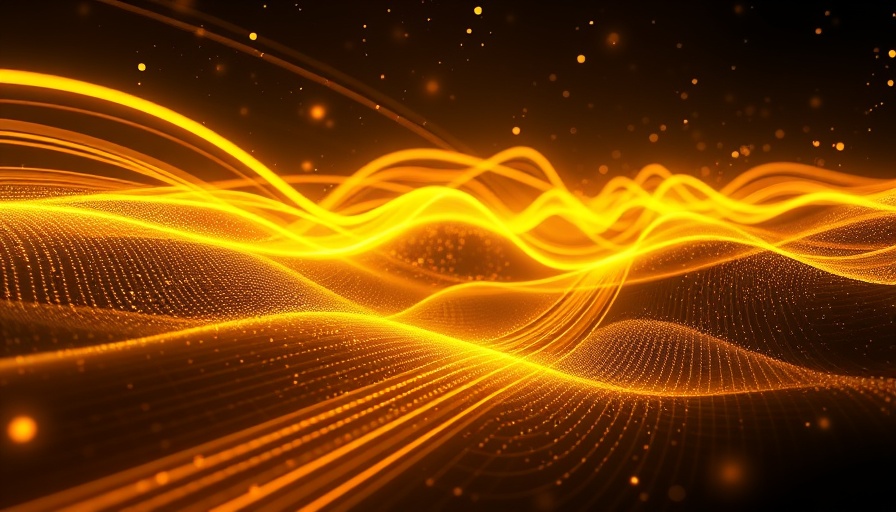
Understanding the Simulation Hypothesis
The possibility that we may be living in a computer simulation has captured the imagination of scientists and philosophers alike for decades. The latest contribution to this ongoing debate comes from physicist Melvin Vopson of the University of Portsmouth, who recently proposed that gravity could function similarly to a data compression algorithm. Vopson’s hypothesis suggests that the universe behaves like a sophisticated computing system, organizing and managing information akin to a computer program.
The Role of Gravity in a Computational Universe
In his breakthrough paper published in AIP Advances, Vopson remarks that gravity might not merely be a force pulling objects together. Instead, it could act as a mechanism for the universe to remain organized, mimicking the efficiency measures of computational programs. This represents a paradigm shift in our understanding of gravitational forces, which could potentially align with the notion of a simulated reality.
Historical Context of the Simulation Theory
This idea is not entirely new. The simulation hypothesis has its roots in the early 2000s when philosopher Nick Bostrom argued that advanced civilizations could create simulations indistinguishable from reality. This speculation found its way into popular culture, exemplified by “The Matrix” movie, which depicted a world controlled by an artificial intelligence. Vopson’s study adds a scientific angle to this longstanding theory, urging us to reconsider fundamental physical concepts through the lens of computational models.
Implications for Multiple Disciplines
The implications of Vopson's findings stretch beyond physics. If our universe functions like a high-level computer program, this could prompt an interdisciplinary dialogue among technology, data science, and philosophy. The idea that information may constitute a fundamental aspect of reality could lead to innovative approaches in fields like artificial intelligence and biotechnology, where data manipulation and efficiency are paramount.
Future Thoughts on the Simulation Theory
While Vopson's ideas push the boundaries of conventional physics, establishing mainstream acceptance poses its own challenges. As Vopson notes, extraordinary claims require extraordinary evidence, particularly when altering our understanding of existence itself. As debates surrounding simulation theory persist, such pioneering proposals could eventually forge new pathways in scientific inquiry.
 Add Row
Add Row  Add
Add 
 Add Element
Add Element 

Write A Comment